Calling all crime drama fans! A new seven-part detective series has just landed on TV screens, and viewers are “hooked” on the opening episode, which has been hailed as “tremendous”. The new drama, Task, comes from Brad Ingelsby, who co-created the hit 2021 crime series starring Kate Winslet, Mare of Easttown. Starring Mark Ruffalo, the series follows FBI Agent Tom, who leads a Task Force in the working-class suburbs of Philadelphia to stop a string of violent robberies.
Mare of Easttown is one of the best and most memorable crime dramas I’ve seen in the last five years, so when I heard that Brad Ingelsby had created another detective series, I immediately added it to my watchlist. Plus, the series boasts a seriously impressive cast, including Hollywood icon Mark Ruffalo and rising stars Emilia Jones (CODA) and Alison Oliver (Saltburn).
Keep reading to find out what viewers have said about the show, what critics are saying and everything viewers can expect from the series, including the plot and cast list.
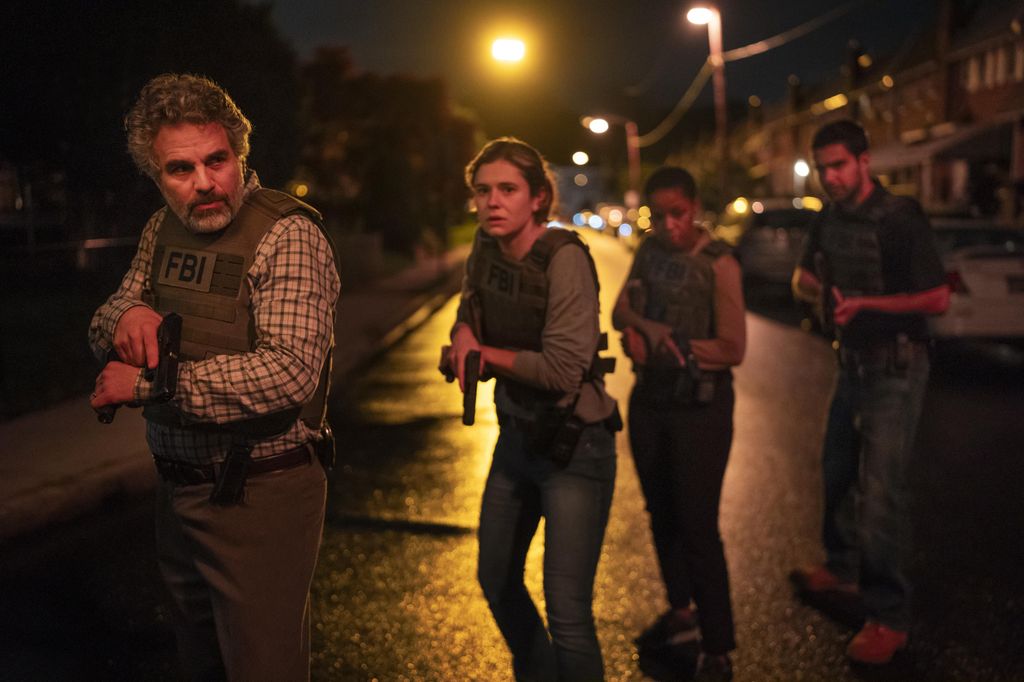
Viewers are “hooked” on the new crime drama
What have viewers said about Task?
It’s safe to say that the first episode of Task has gone down a storm with viewers, who have praised the show on social media. One person wrote: “Task on HBO is tremendous,” while another added: “The first episode of #task #taskhbo was too good. Will be seated for the next seven episodes.”
A third person remarked: “First episode of #Task did its job. I’m hooked,” while another compared it to Mare of Easttown, writing: “Watched the premiere of Task on HBO. Definitely Mare of Easttown vibes but darker. Excited for this.”WATCH: The trailer for Task
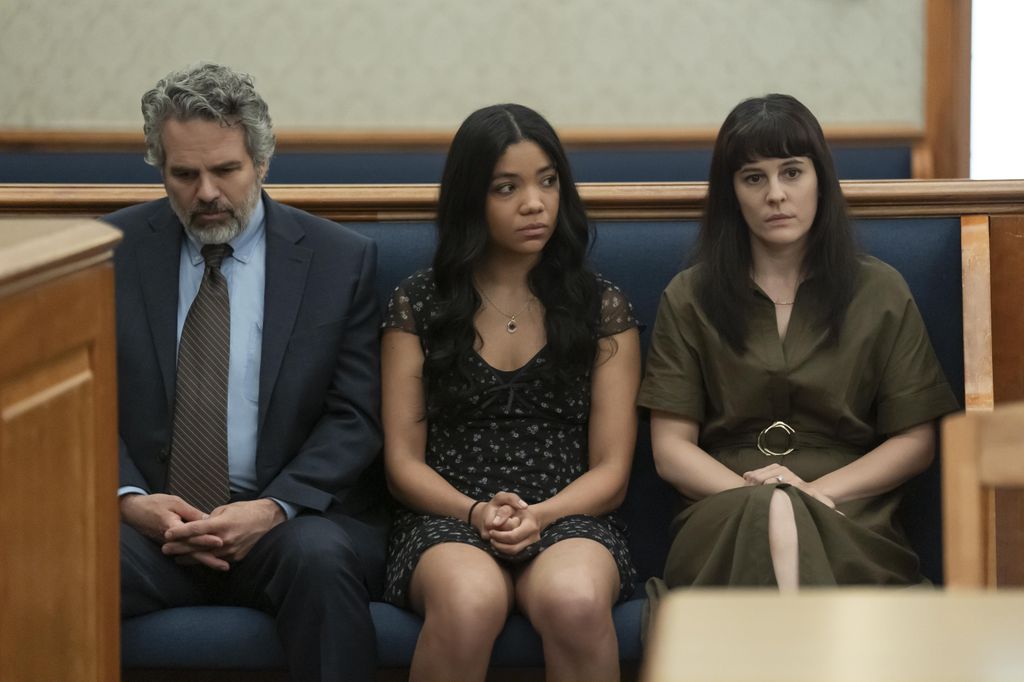
The show has received positive reviews from TV critics
What have TV critics said?
The Los Angeles Times described the show as “very well made and very well acted”, while Indie Wire gave the show an A- rating, hailing it as a “powerful police story” which will “bring you to tears”.
Meanwhile, The New York Times said the drama was a “worthy follow-up” to Mare of Easttown.
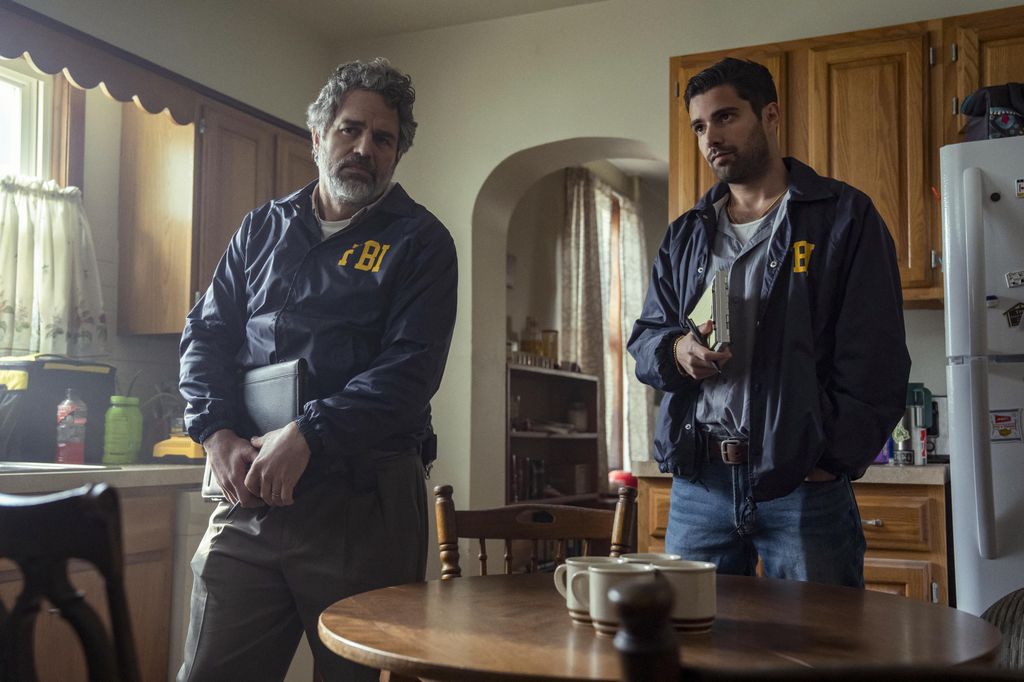
Mark Ruffalo leads the cast as FBI Agent Tom
What is Task about?
Set in the working-class suburbs of Philadelphia, the series centres around FBI agent Tom, who is put at the helm of a Task Force instructed to “put an end to a string of violent robberies led by an unsuspecting family man Robbie (Tom Pelphrey)”.
The synopsis continues: “With the culprits violent in their approach, the police need to put their best foot forward in order to bring them to justice. Meanwhile, an unsuspecting family man plans his next hit.”
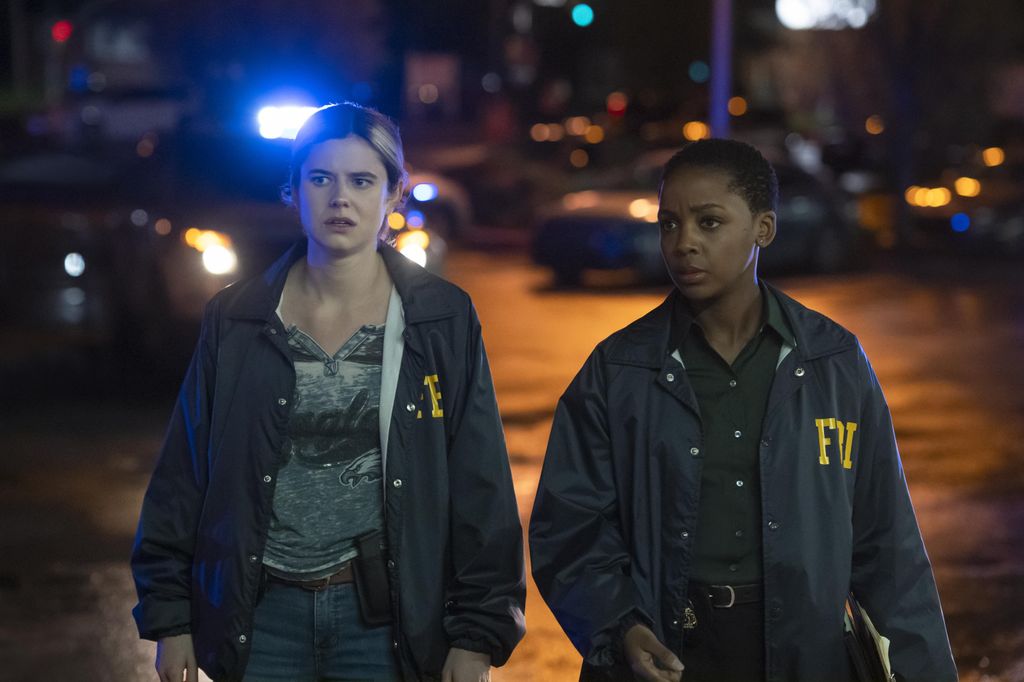
The show is set in the working-class suburbs of Philadelphia
Who stars in Task?
Mark Ruffalo (Mickey 17, 3 Going on 30) stars as Tom, while Tom Pelphrey (Ozark, Love & Death) portrays Robbie. They’re joined by Emilia Jones (CODA), Alison Oliver (Saltburn), Jamie McShane (Wednesday), Sam Keeley (Kin) and Thuso Mbedu (The Woman King).
Rounding out the cast are Silvia Dionicio (New Amsterdam), Fabien Frankel (House of the Dragon), Raúl Castillo (Smile 2), Phoebe Fox (The Great) and Martha Plimpton (Prime Target).
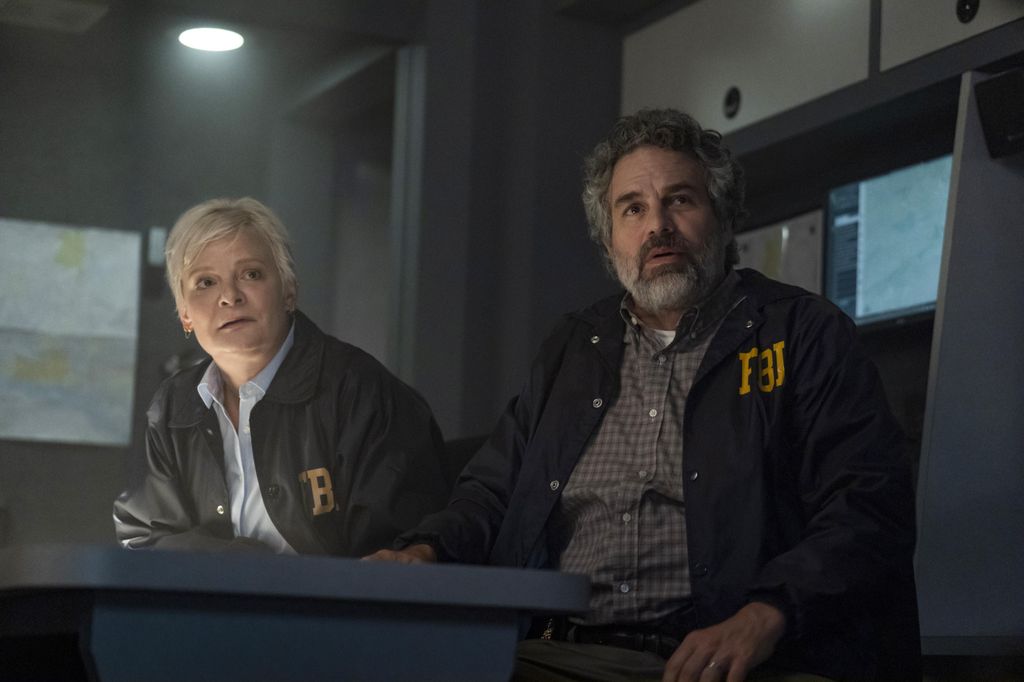
Task is available to watch on Sky in the UK and HBO in the US
How to watch Task
Task is available to watch on Sky and NOW in the UK and on HBO and HBO Max in the US. New episodes will be released weekly on Mondays in the UK and on Sundays in the US.